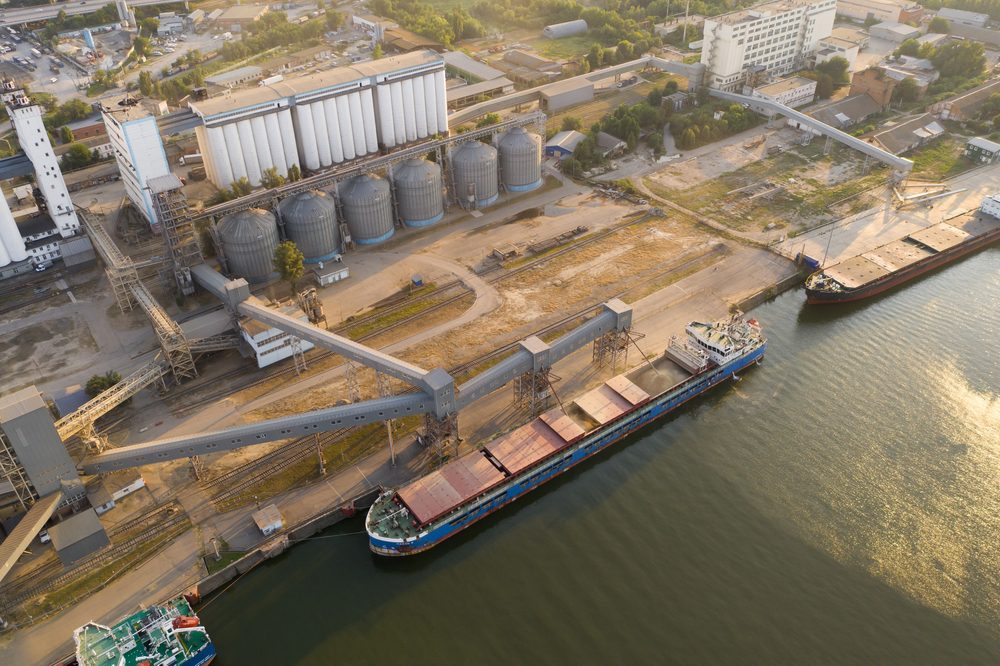
An agreement that would extend a deal allowing Ukraine to export grain via the Black Sea has failed to materialize. Negotiations on the deal, which were struck last July and are due to end November 18th, are at an impasse over Russia’s demand for unhindered access to world markets for its own food and fertilizer exports.
On Saturday, November 12th, Deputy Foreign Minister Sergey Vershinin announced the deadlock through state news agency TASS. The Russian diplomat said that talks with UN officials in Geneva the day before had been “lengthy, useful, and detailed,” but that a renewal of the deal—known as the Black Sea Initiative, which expires at the end of the week—is a no-go under present circumstances.
While the UN has not yet issued its own statement, last Friday it said that all participants “remain engaged in the implementation of the Black Sea Grain Initiative and held constructive discussions on its continuation.”
On Saturday, during his return from Uzbekistan, Turkish President Recep Tayyip Erdoğan voiced his disapproval of the grain deal having such a time limit. He added, moreover, that it would be “unfair” to put Africa (where the poorest are) aside and allow much of the food to go to Europe.
The accord, which Ukraine, Russia, Turkey, and the UN signed on July 22nd, has helped stave off a global food crisis by allowing the export of food and fertilizers from several of Ukraine’s Black Sea ports.
A key consideration—and main reason for the hold-up—is Russia’s demand that restrictions on its exports of agricultural products be lifted; in the pursuit of that goal, Russia is using its participation in the deal as a bargaining chip.
Grain and fertilizer shipments from Russia have not been placed under formal sanctions, but Russia regularly complains that its shipments are severely hampered. Because of the sanctions, freighters are denied access to financing, insurance, and ports.
Another requirement of the Kremlin’s, reiterated by Vershinin, is the renewed admission of Russian state-owned bank Rosselkhozbank (which finances its agricultural sector) to the SWIFT international payment system. “Without that, of course, we simply cannot move forward,” he said, adding that Moskow had been assured by UN officials that “they also consider this issue to be vital.”
On June 3rd, the European Union had announced it would cut the bank off from SWIFT as part of its sixth package of sanctions over Russia’s invasion of Ukraine. Since the start of its military operations in Ukraine, Russia has been cut off from SWIFT almost entirely.
As an alternative, Russian banks turned to China’s card system, UnionPay (by which payments can be made in over 181 countries), while making use of their own Mir payments system.
Russia briefly pulled out of the deal on October 29th after an attack on its Black Sea fleet prompted security concerns. It returned to it a few days later at the urgent request of Turkish President Tayyip Erdoğan.
According to data provided by the UN, as of October 30th, almost 10 million tons of Ukrainian grain and other food products have been exported through the Black Sea since the deal was struck in July.
